Best garden plants for health
The best garden plants for health will help you sleep better, alleviate stress, and even help cure a common cold. Here's our pick of the most potent plants and herbs you can grow yourself
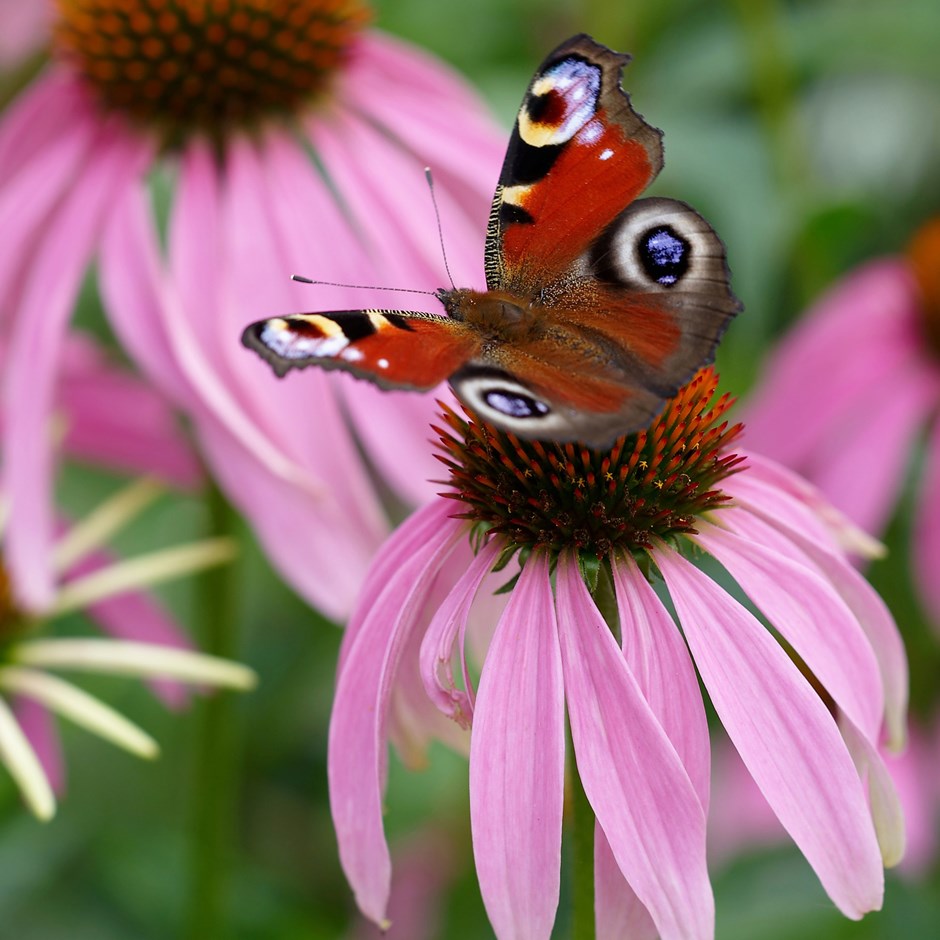
Get small space home decor ideas, celeb inspiration, DIY tips and more, straight to your inbox!
You are now subscribed
Your newsletter sign-up was successful
Gardening is good for us: spending time in our gardens helps us get more exercise, reduces stress, and is just very pleasurable. But did you know that the best garden plants for health are amongst the common plants we grow in our gardens?
What's even better is that using plants for their health benefits is easy and requires no special skill. Using herbs straight from the garden also means that you can skip buying essential oils and make your own concentrates or tinctures. So, without further ado, we present you with the best garden plants for health, including the best herbs to help you sleep and some unusual plant skin care heroes.*
Head to our garden ideas page for more inspiration.
Best herbs to help you sleep
We all want to know how to sleep well. Natural and herbal sleep remedies are becoming increasingly popular, especially with people who suffer from mild sleep disturbances and don't want to go on medication. Fortunately, several common garden herbs have potent sleep aiding properties:
- Valerian: this easy-to-grow, hardy herb is still one of the most popular remedies for sleep disturbances; both the blooms and the root of the plant can be used. If using the root, dry it out, crush to a powder, then use a tea strainer to make an infusion. Blooms can go straight in a tea cup and be covered with boiling water;
- Lavender (below): the aroma of lavender is highly relaxing and promotes restful sleep; simply place a sprig of freshly cut blooms in a vase by your bedside – the effect is just as beneficial as pillow sprays and essential oil mixes.
- Lemon balm: this is actually a type of mint, with a distinctive citrusy flavour. Use to make a tea infusion. A note of caution: it can make some people very drowsy very quickly, and so is best enjoyed right before bed.
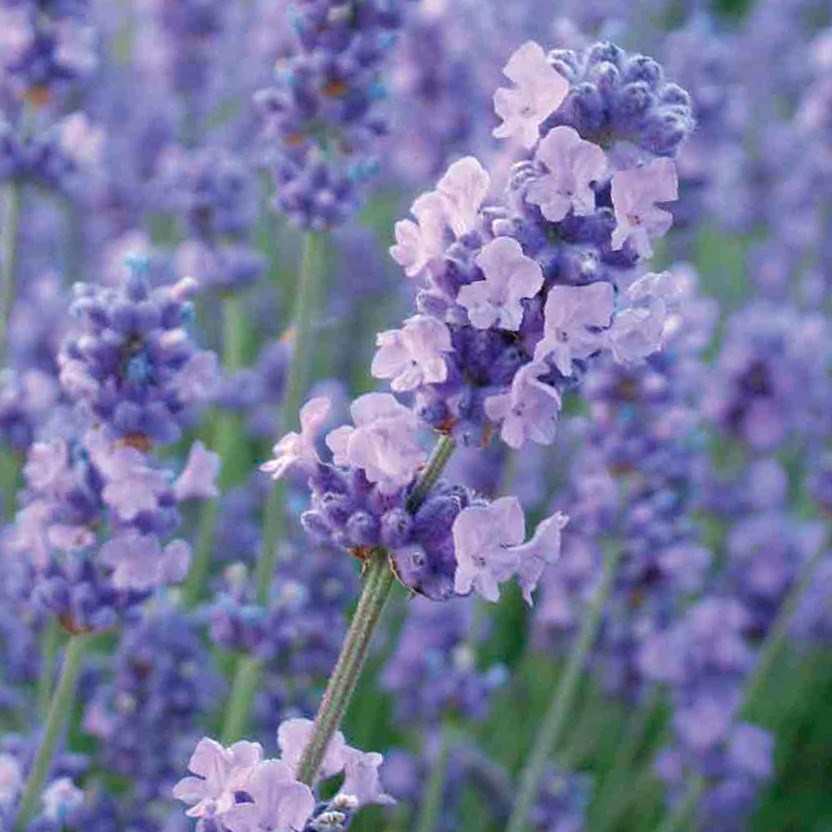
Best herbs to help with stress and anxiety
This group of plants has similar properties to the herbs that help you sleep (and can be used in conjunction with them), but they won't make you drowsy, making these the best herbs to alleviate stress and anxiety during the day:
- Chamomile: this plant has been used to alleviate stress and lift up a bad mood for centuries, and is really easy to use; simply infuse dried chamomile flowers in hot water;
- Passion flower (below): Passiflora makes a beautiful garden plant, but its exotic-looking flowers are also beneficial for anxiety, nervousness, and insomnia. Both the flowers and the stems can be infused in hot water.
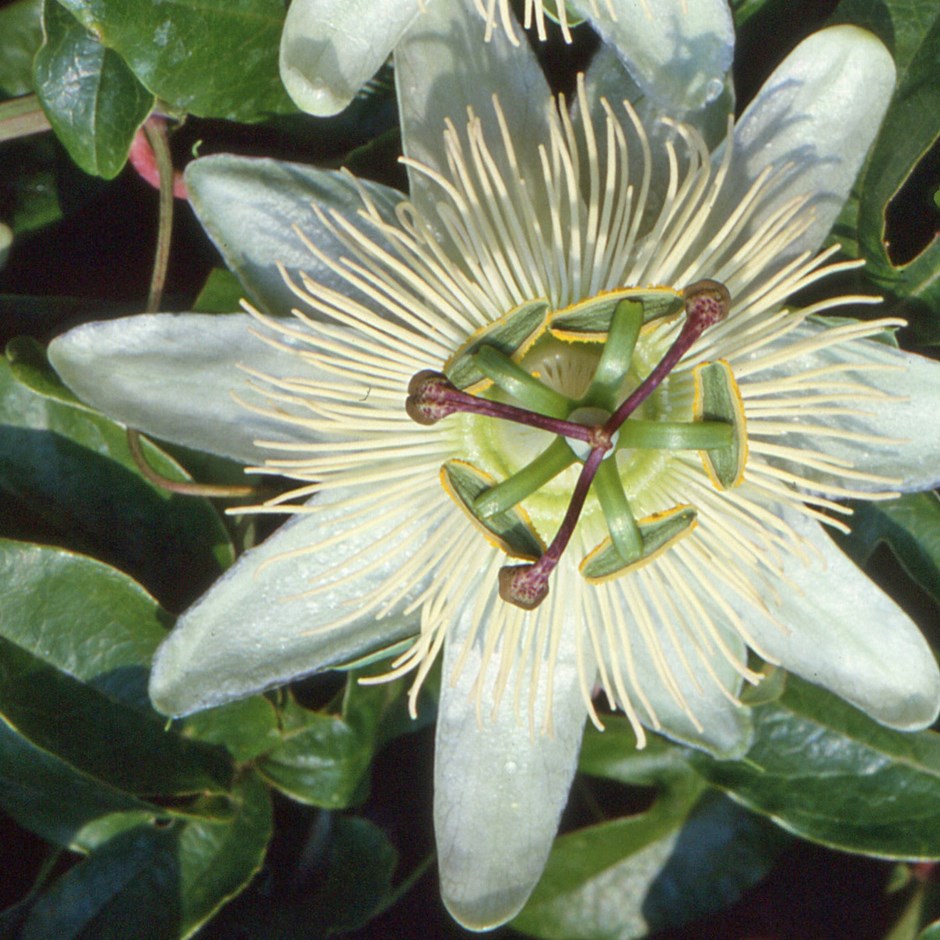
Best garden plants for skin care
The garden is a rich source of plants that are beneficial to the skin, and for some people, these natural herbs work better to improve the skin than commercial skincare products. Herbal remedies are particularly beneficial to those who suffer from skin inflammation, sensitivity, and acne; here are the top plants for skin to consider:
- Calendula (below): anti-inflammatory and healing, calendula is an excellent plant for the skin and can be used for anything from healing minor cuts to improving skin texture. The easiest way to make use of dried calendula flowers is by infusing them for several weeks in an oil (sweet almond oil, if there's no nut allergy, for example) and then applying the oil topically to the skin; you can also make a balm by adding melted beeswax to the oil and then letting it cool;
- Thyme: common garden thyme is something of a miracle plant, great for alleviating a number of health conditions; one of if its most potent uses, however, is in treating acne (some studies have shown it to be as effective as acne medication). You can make thyme tincture by infusing sprigs of thyme in alcohol, or in a witch hazel solution.
- Rose: rose is a mild astringent and anti-inflammatory plant, and topical application of rose water improves skin tone. Make your own rose water skin toner by gently steaming (but not boiling) a large heap of rose petals submerged in water in a strainer. Let the mixture cool and pour into a sterilised spritzer bottle.
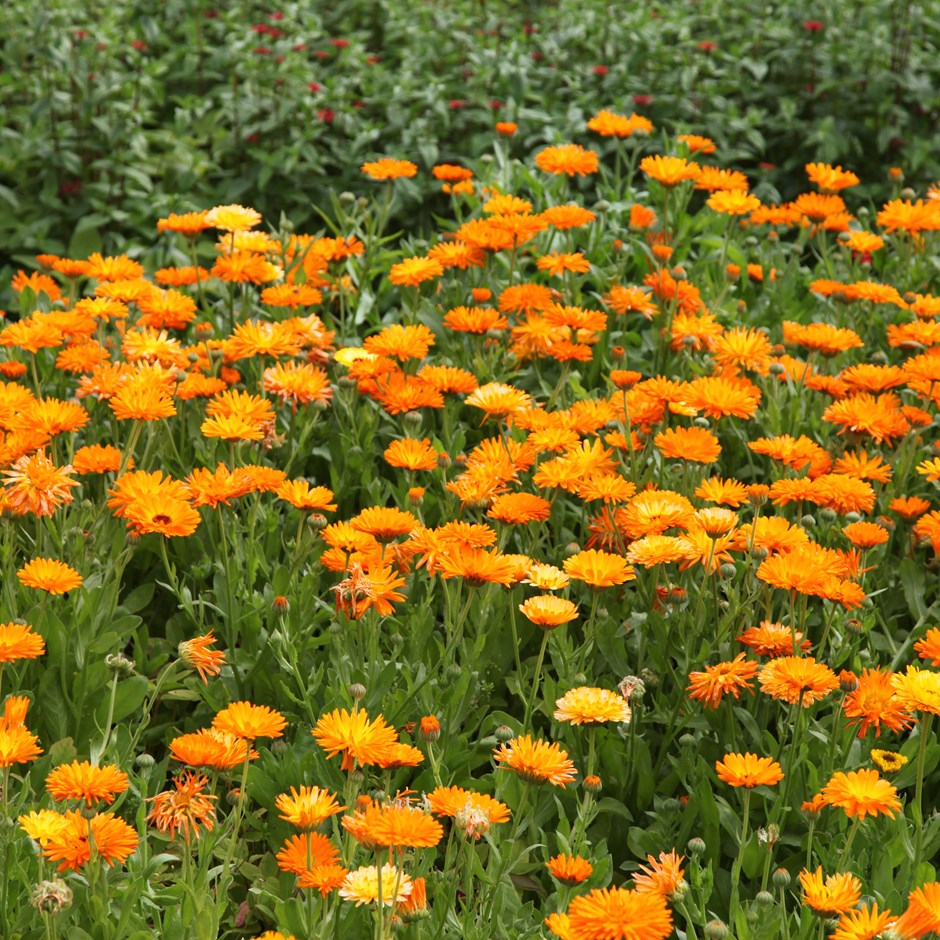
Best herbs to help a cold
The common cold is such a nuisance partly because there's nothing you can do to cure it, only ease the symptoms and boost your immune system to help your body recover quicker. These common garden herbs help with a whole range of symptoms, from sore throats to blocked noses:
Get small space home decor ideas, celeb inspiration, DIY tips and more, straight to your inbox!
- Mint: a surprisingly potent herb for combating the symptoms of a cold, mint helps with congestion, sore throats, and coughs. Simply enjoy fresh mint leaves in a cup of hot water;
- Sage: great for more than flavouring pork chops, sage has powerful anti-inflammatory and anti-bacterial properties, and combats coughs and throat infections;
- Echinacea (below): a pretty flowering plant in the mint family, it helps boost the immune system and allows you to recover faster; the flowers, leaves, and roots of the plant can be used to make a tea infusion.

Best herbs to help with allergies
This may sound counterintuitive, since many of us are allergic to pollen, but some plants actually contain natural antihistamines that help reduce the symptoms of allergies:
- Rosemary (below): rosemary is naturally anti-inflammatory and helps reduce allergy-related inflammation, too; moreover, rosemary helps gut and digestive health. Simply infuse in boiling water for five minutes; use fresh or dried rosemary leaves;
- Garlic: garlic has all kinds of health benefits, but it's a real boon for allergy sufferers, since it contains the natural antihistamine quercetin;
- Nettle: another natural antihistamine, nettle is also great for recovering from colds; boil the leaves for 15 minutes with sugar; strain the water and flavour with more sugar or honey.
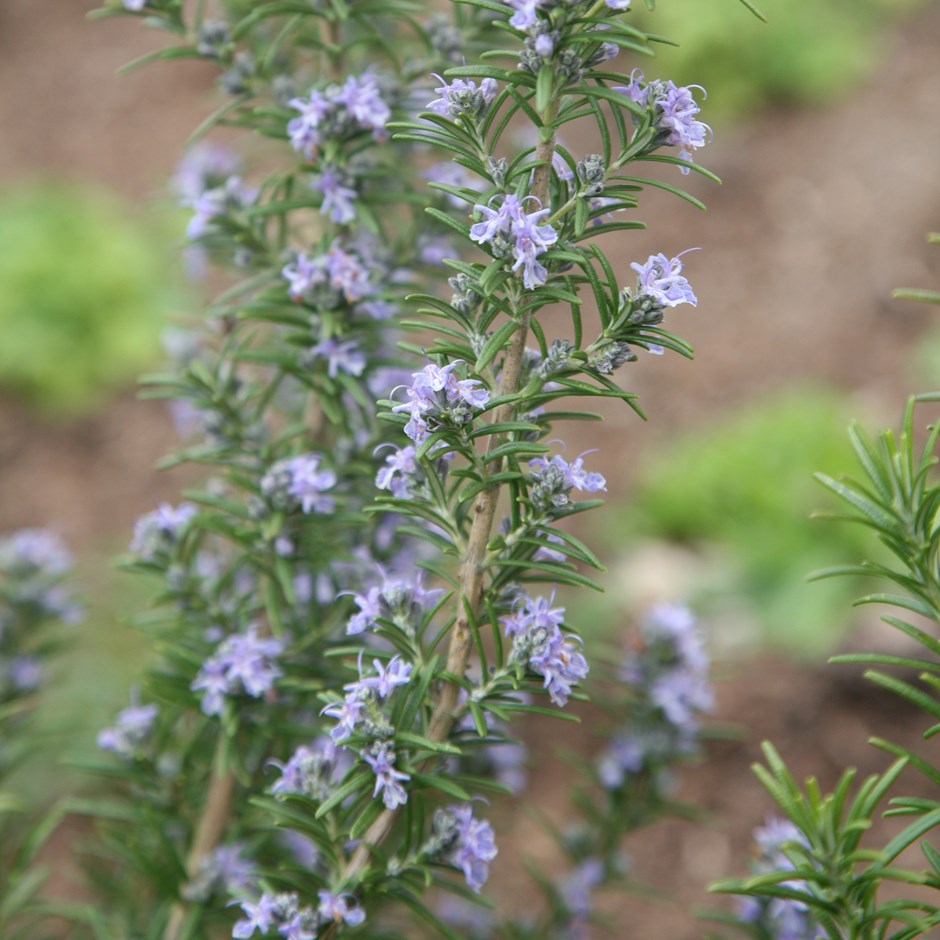
If your allergy is caused by something in your home, consult our guide to making your home allergy-friendly.
*A word of caution: while all these herbs have been used traditionally for millennia, their efficacy is anecdotal and, in most cases, has not been proven by clinical trial. Never use herbs for serious health conditions, and always consult your GP before using herbal remedies if you are pregnant, breastfeeding, or suffer from allergies.
More ideas to improve wellbeing:
Anna is a professional writer with many years of experience. She has a passion for contemporary home decor and gardening. She covers a range of topics, from practical advice to interior and garden design.